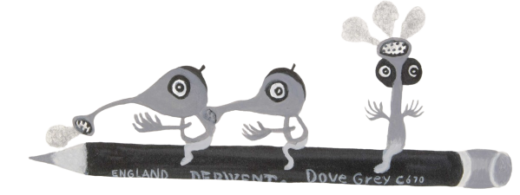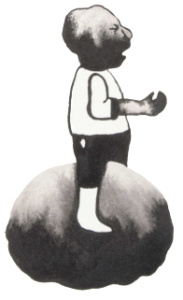 In 2007 the Court of Appeal of Amsterdam prohibited the Dutch Association against Quackery from calling orthomanual therapist Maria Sickesz a quack. On 15 May 2009 the Dutch Supreme Court 2009 has reversed (in Dutch) this judgment. Sickesz is the founder of orthomanual therapy. She contended that with her treatment method she could not only cure neck, shoulder and back complaints, but also psychiatric syndromes such as autism, schizophrenia and manic-depressive psychoses. The objective of the Dutch Association against Quackery is to fight quackery and to evaluate alternative treatment methods. The Association uses a neutral definition of quackery. In brief, this concerns treatment methods of which the effect has not been tested for effectiveness and safety. This definition was also mentioned with the top-twenty, and it was stated that the term ‘quack’ did not imply any accusation of fraud or bad faith. In the year 2000 the Association published a compilation containing a top-twenty of quacks of the twentieth century. Sickesz held the seventh position on that list.
In 2007 the Court of Appeal of Amsterdam prohibited the Dutch Association against Quackery from calling orthomanual therapist Maria Sickesz a quack. On 15 May 2009 the Dutch Supreme Court 2009 has reversed (in Dutch) this judgment. Sickesz is the founder of orthomanual therapy. She contended that with her treatment method she could not only cure neck, shoulder and back complaints, but also psychiatric syndromes such as autism, schizophrenia and manic-depressive psychoses. The objective of the Dutch Association against Quackery is to fight quackery and to evaluate alternative treatment methods. The Association uses a neutral definition of quackery. In brief, this concerns treatment methods of which the effect has not been tested for effectiveness and safety. This definition was also mentioned with the top-twenty, and it was stated that the term ‘quack’ did not imply any accusation of fraud or bad faith. In the year 2000 the Association published a compilation containing a top-twenty of quacks of the twentieth century. Sickesz held the seventh position on that list.
Sickesz went to court, but was ruled against. Sickesz then appealed and the Court of Appeal in Amsterdam prohibited the Association from calling Sickesz a quack. The Court of Appeal had considered that other media, when they copy information from the Association, often do not mention its definition and therefore, the Court of Appeal had taken the definition of ‘quackery’ in the Van Dale dictionary as a starting point. The Court of Appeal also considered that the Association had to take into account that the general public would ascribe a ‘negative emotional value’ to ‘quackery’.
The Supreme Court has now decided that the Court of Appeal’s judgment was wrong. The Court of Appeal should not have ignored the Association’s own definition, and the fact that it leaves no uncertainty about this definition. Any damage to the honor and reputation of Sickesz that may arise from the copying of information by other media that do not explain the definition cannot simply be attributed to the Association. The next question is whether the objections of the Association against the treatment methods of Sickesz, such as the absence of scientific research or practical experiences demonstrating that orthomanual medicine is effective, are sufficient to support the accusation of quackery. The Supreme Court held that the Court of Appeal had not sufficiently examined this question. This will have to be done still. Because the Supreme Court is not allowed to make such factual considerations, it has referred the case back to another Court of Appeal, that of The Hague.
The Supreme Court has sent out a clear signal in favor of the freedom of expression. The Dutch Association against Quackery is allowed to label therapies of which the effect and/or safety have not been demonstrated as quackery and, if a publication is copied by others, a distorted representation thereof should not easily be attributed to the source of the original publication.
On her website Sickesz still maintains that her treatment method also produces effects for (among other things) autism and ADHD.

